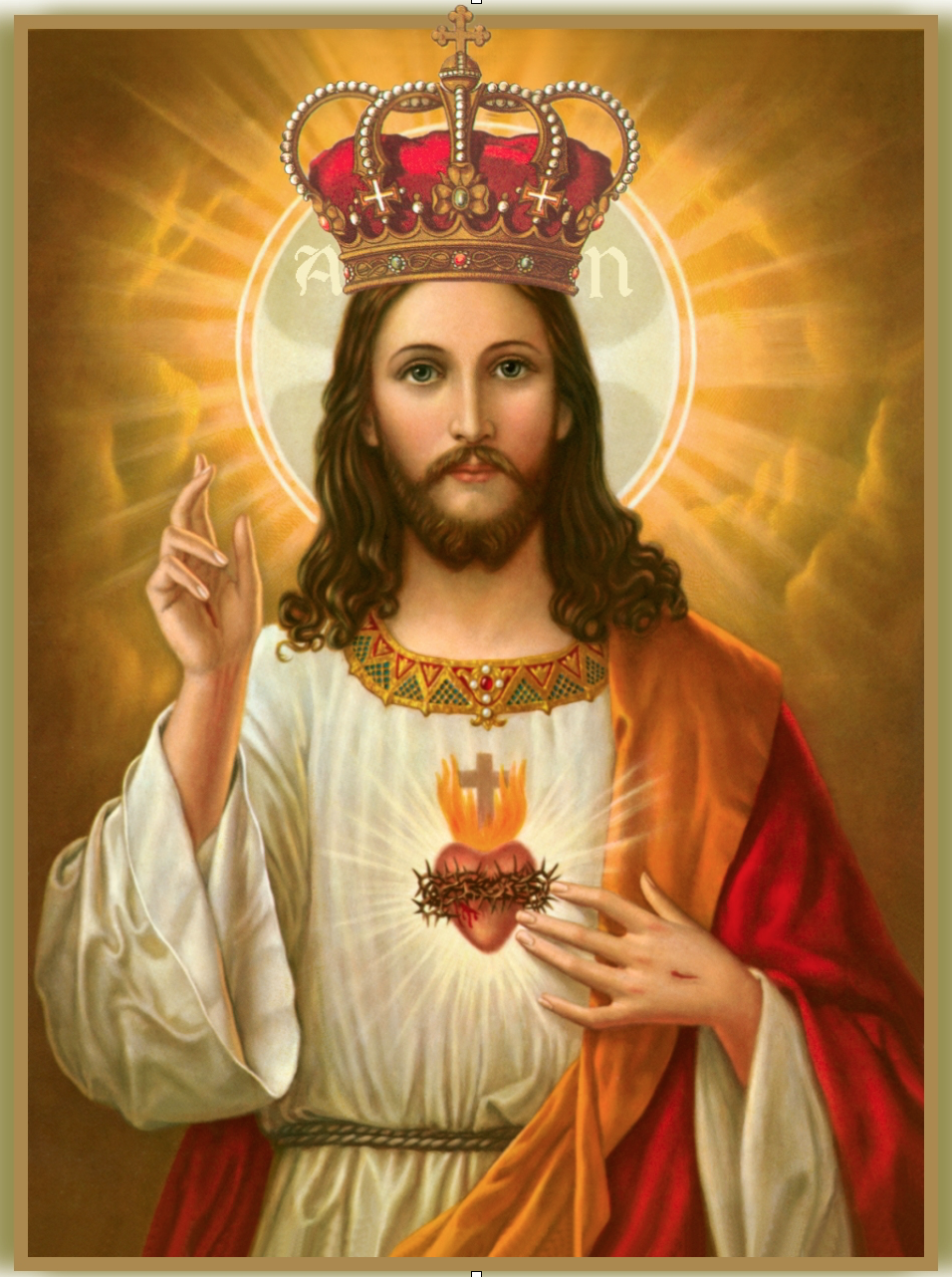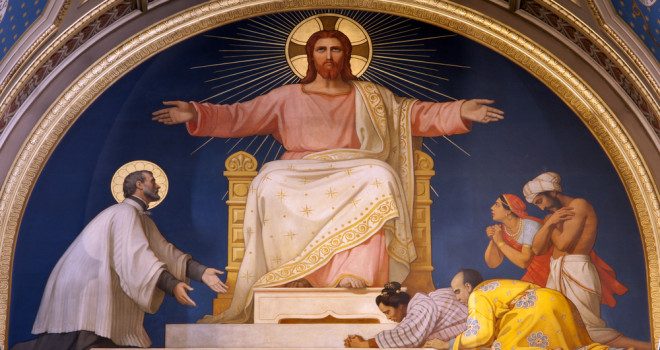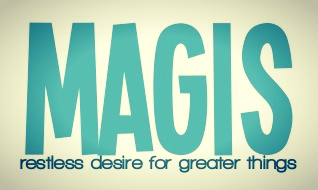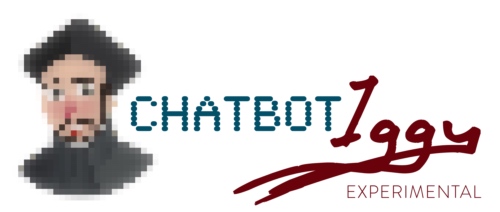
“God is more than two men and a bird.” – Sandra M. Schneider
The image of God many of us grow up with is a distant God who is “separate” from me. This God may live in the clouds—at least in a “place” beyond my own reality. Yes, at one point in history God came down from that other place and entered my own place. That was nice of God. I can call upon God from time to time to do something for me, or to change the course of history. Where can I encounter this normally distant God? In church. In a priest. In the Bible. In others.
We objectify God. God either is used for a transaction—to do something for me—or God is seen as a separate being who is found in a certain place and carefully judges me from a distance. Ignatian spirituality can aid in bringing God down to earth, closer to me and my daily reality, but when we speak of finding God in all things we can also fall into the same trap of objectifying God—making the divine something we can only encounter in a sunset or a walk through the woods. In Richard Rohr’s new book, The Divine Dance, he calls Christianity out on this objectifying of God yet reaches into the mystical Christian tradition to reclaim what he calls the flow of the Trinity, the “circle of praise” of which all creation is a part. God is no longer a separate being, but a flow of divine life that we’re wrapped up in, that we dance within.
I think many of us can fail to recognise the divine within us and part of us. After receiving the Eucharist at Mass we often kneel, continuing our adoration toward the remaining Eucharist on the altar until it is reposed. Some parishes offer Eucharistic adoration immediately following Mass. This is holy and reverent, but in that moment of external focus we forget that the divine presence of the Eucharist we just consumed is within and a part of us, of our neighbours all around us. We become, in a sacramental way, a part of the divine flow.
 It takes a monumental mind-shift to move away from the ways we objectify God. When God only exists as an all-powerful, almighty, majestic, monarchical “king”, we lose all sense of worthiness or place in the divine dance. We become unimportant in the scheme of things and our religion becomes fear-based. Now, some “separation” of God, I think, is normal and healthy. Ignatian spirituality helps us deepen our relationship with the person of Jesus Christ. He is both a separate human being but also the Second Person of the Trinity with whom we are in the divine flow. When we get to know Jesus as a friend, who lives his life not from a majestic throne but from a vulnerable and lowly place, our religion no longer needs to be about unworthiness. In fact, the unconditional love of God means, in God’s eyes, we are indeed worthy—of love, of friendship, of forgiveness, of healing. When we realise this through our friendship with Jesus, we can then enter that Trinitarian dance that Rohr speaks of. We no longer have to be an unimportant pawn in God’s game of chess, but a part of God, called into relationship, breathing in and sharing out the divine love into the world. God and I are no longer separate like a king and subject, but collaborators, friends.
It takes a monumental mind-shift to move away from the ways we objectify God. When God only exists as an all-powerful, almighty, majestic, monarchical “king”, we lose all sense of worthiness or place in the divine dance. We become unimportant in the scheme of things and our religion becomes fear-based. Now, some “separation” of God, I think, is normal and healthy. Ignatian spirituality helps us deepen our relationship with the person of Jesus Christ. He is both a separate human being but also the Second Person of the Trinity with whom we are in the divine flow. When we get to know Jesus as a friend, who lives his life not from a majestic throne but from a vulnerable and lowly place, our religion no longer needs to be about unworthiness. In fact, the unconditional love of God means, in God’s eyes, we are indeed worthy—of love, of friendship, of forgiveness, of healing. When we realise this through our friendship with Jesus, we can then enter that Trinitarian dance that Rohr speaks of. We no longer have to be an unimportant pawn in God’s game of chess, but a part of God, called into relationship, breathing in and sharing out the divine love into the world. God and I are no longer separate like a king and subject, but collaborators, friends.
Somehow Christianity has maintained political images of God so well over time that titles like “Lord” or “Christ the King” roll off the tongue, even though the words lord and king are not titles most of us use on a regular basis. We would find it odd to call God “President” or “Prime Minister”, yet we use “King” so easily. As Rohr points out, all we have are metaphors for God, but I think that while Ignatius was himself a product of his own time and tradition, he still calls us to challenge our metaphors. How about “Christ our Friend”? Or “God our Co-worker”? Ignatius’ meditation, with the monarchical title of “The Call of the King”, actually reminds us that we are collaborators with Christ. The Ignatian idea of speaking to God like a friend dismantles the monarchy image. And finding God in all things in its truest form is not objectifying God by placing God “out there”, but noticing how the divine energy flows through all things (including me), giving life, sustaining, and loving. With that titles are no longer necessary. God just is. And remember, that is the name of God revealed to Moses: I AM. God is telling him not to get caught up with names or titles—they just tend to make God an object. Instead, God is being itself. It’s no mistake that we are called human beings, because we are part of God’s very essence, living and moving with the rest of creation in the being of God’s divine dance.
Related posts:
Listen to the podcast version of this post…









I take Richard Rohr’s daily emails and find his views very useful. I can understand where he is coming from. Whilst I have yet to purchase the Divine Dance it is on the wish list.
God be with you and your family.
nice post
I have also been reading “The Divine Dance” and Richard Rohr’s daily emails as well as other books. It is the Cosmic Christ of which Teilhard de Chardin also wrote. It is exciting to ponder on such thinking and to recognize that we too can be part of the dance. Thanks for this reflection.
Lovely observation, Lynda. I’m another student of Richard Rohr. I greatly appreciate Andy Otto’s challenge to my own tendency to a static view of God.
I truly love this